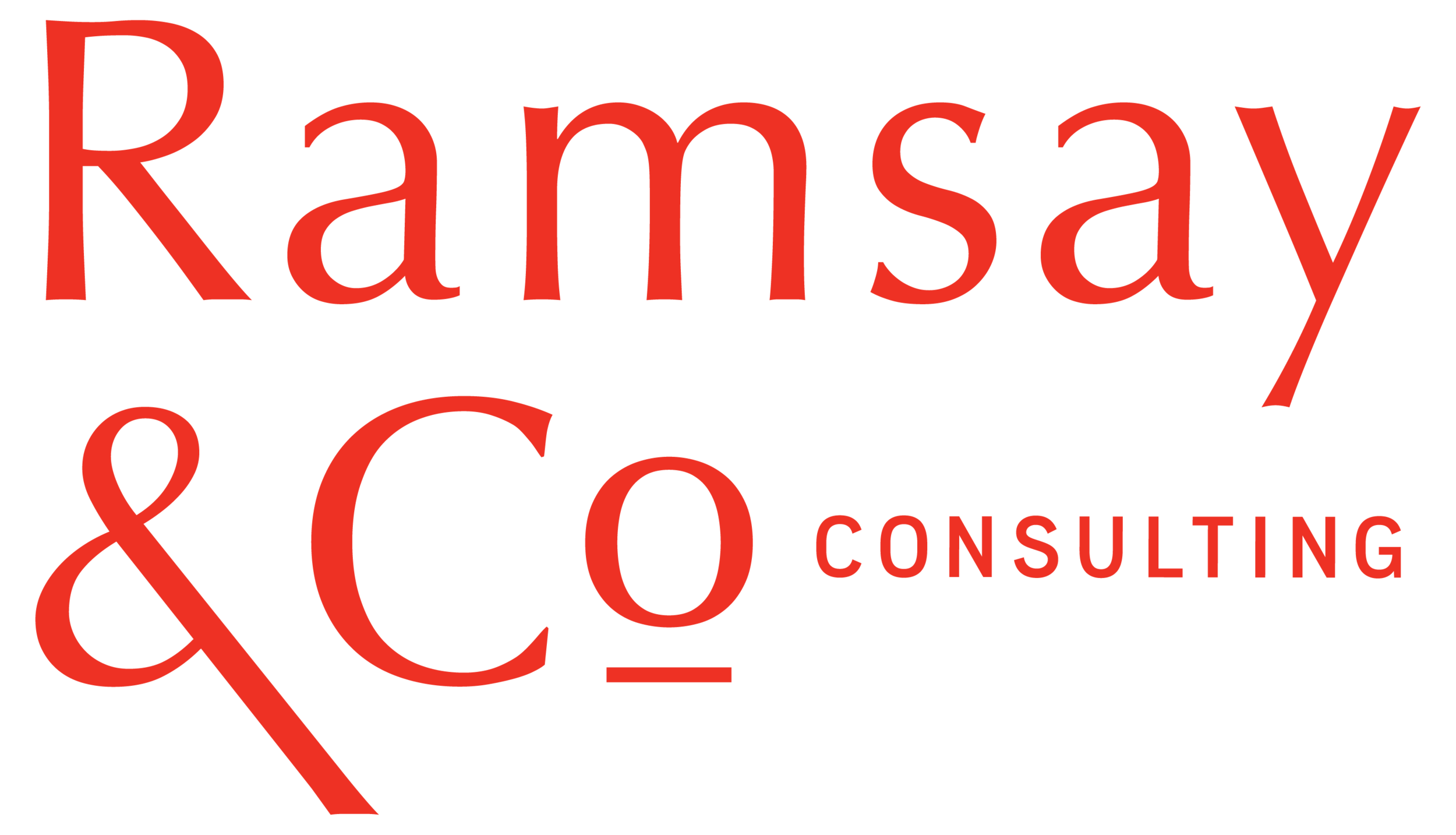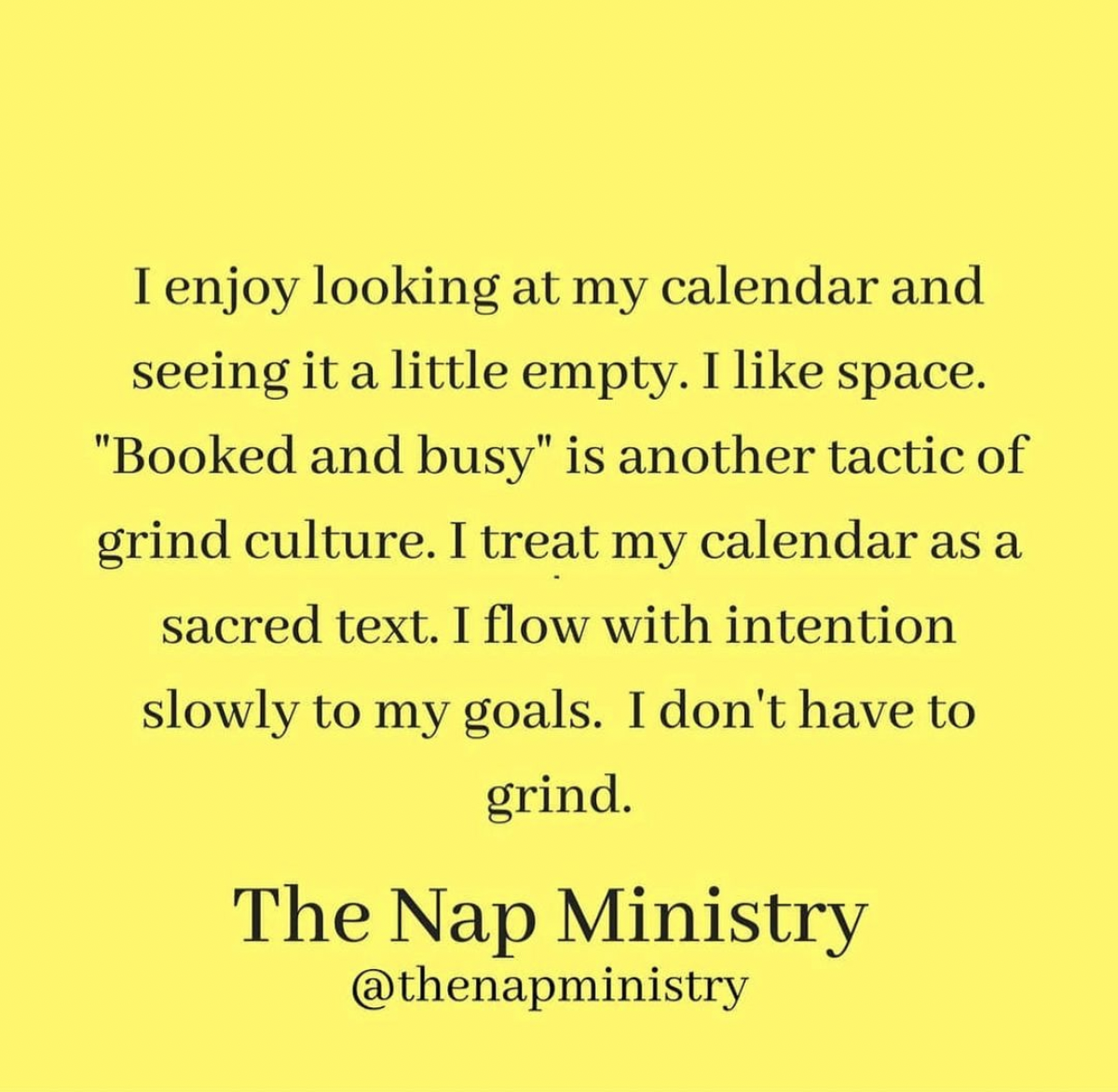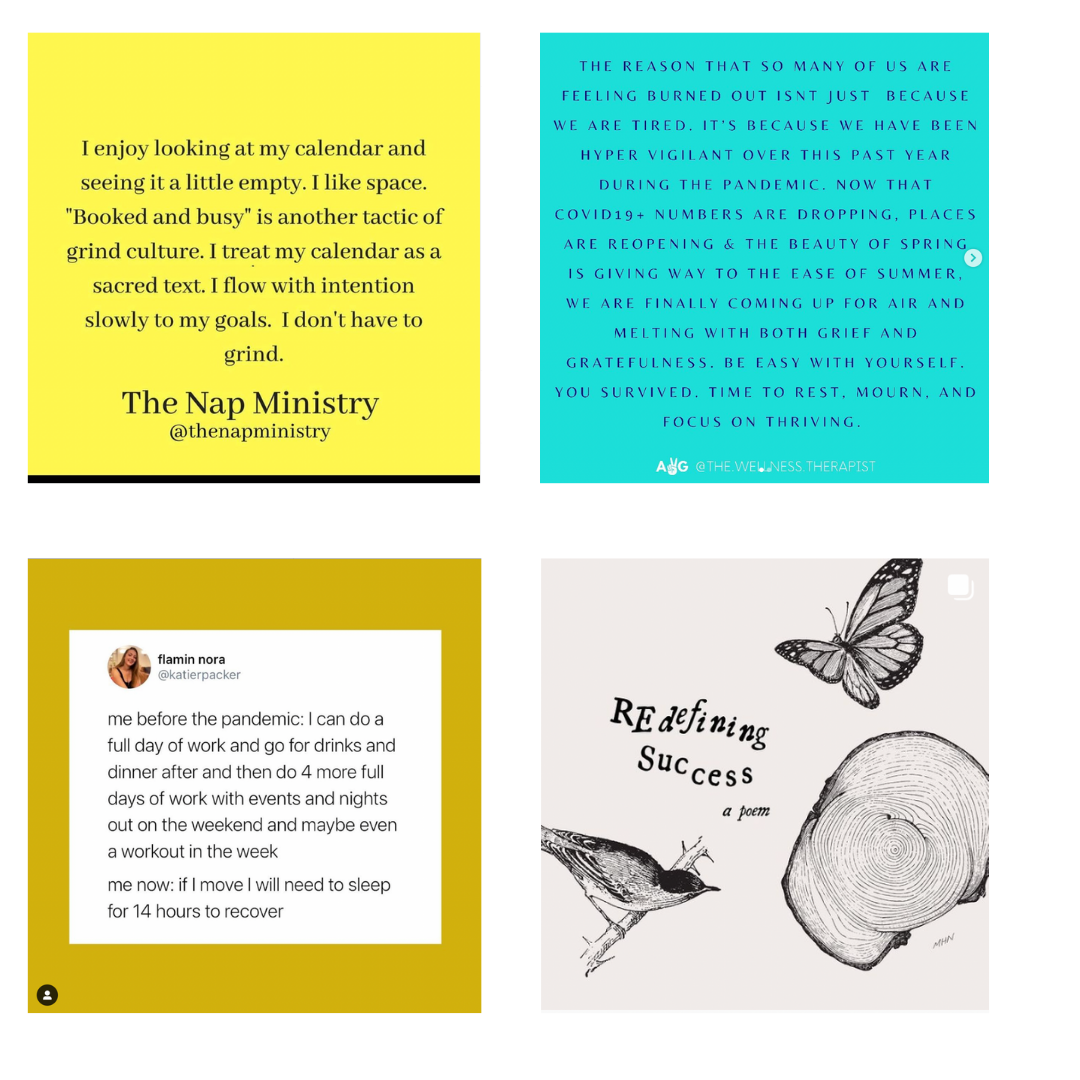#46 The Revolutionary Act of the Out of Office
Key practices for burnout recovery.
As many of you know, I shared my experience of burnout in this newsletter a few months ago. Since then I’ve spent the majority of my time and energy on understanding and working to heal from it. I’ve done a lot of hard work and had a lot of hard conversations in therapy. While I’m not fully healed, a normal workday doesn’t leave me exhausted and unable to take care of myself in the evening, so… progress?
In fact, over the months I’ve re-accessed my creativity and have opened up new spaces in my mind and heart for dreaming. The work I’ve done has been better for it. As I’ve improved, I’ve turned my head to what I want my life and the working part of it to look like as I move forward. I don’t have the answer, but I wanted to share with you some of the practices that have helped me get here in case it’ll help some of you. So many of you reached out to share well wishes and your own experiences of burnout. For which I remain grateful and touched—thank you. Having the privilege to cut back and really focus on healing is something I don’t take for granted and if sharing my experience helps you on your journey, even better. So. What I’ve learned so far while healing from burnout:
My worth is not tied to my productivity and achievement.
I’m awesome with or without a list of accolades and accomplishments. And so are you. Those things are bonuses, but do not define who I am and my contribution to life on earth. (This is an ongoing lesson for me and tied up in those hard therapy conversations).
Rest is a right not a privilege.
It is also a powerful tool for healing. Learning not to push through and force myself to keep going when my body is asking to slow down, or stop was an essential lesson for me. There’s no shame in going slow, in fact so many of the books I’ve read have shown that you go further and reach new heights when you do slow down.
It doesn’t have to be hard.
Being busy and overworked is not the thing. It, meaning work and life, and the journey we’re all on. It’ll be hard sometimes, but success and achievement and doing the thing you love it doesn’t have to be hard to have value. Ease is a gift and when things are easeful the growth and expansion that come with them are that much easier to see and appreciate.
Complete the cycle.
Stress is a part of life. My stress response was elevated and chronic, but that can be addressed simply by noticing a stressor and doing the things my body needs to feel safe. This was a key lesson I learned from Burnout: The Secret to Unlocking the Stress Cycle, a book I mentioned in my original post as an important resource for me. For me breathing and movement are key, but the book has eight practices to complete the cycle including things like laughter.
Acknowledge It.
Understanding and acknowledging my burnout was and is essential for continued healing. I don’t want to go through this again. It was awful. So, I’ve done the work I needed to do (which included reading plenty of books on the subject) and will continue to I think for the rest of my life as I do the ongoing healing of resetting and committing to a new approach to work and life.
Take time.
I cut my working hours back to three days a week for two months and then eased into working Mondays—though strictly no meeting. Rethinking my relationship with time has been an important revelation for me. The notion of thinking about time in terms of scarcity or abundance and in terms of spending it or passing it have been important ideas for me to consider and reset around. This is still new territory for me. I’ll share back as I go.
Set and respect your boundaries.
Telling clients I didn’t work Mondays and Fridays was hard. Refusing meetings outside of my new working hours was hard. Not working outside of my working hours was hard. Prioritizing my long-term wellbeing over my drive to push and go fast and far was hard. But I did it. And I’m in a far better place than I was that dark day in January when this all hit. I’ve always been good at boundaries, but not when it came to work.
Play is essential for creativity and creating space for possibility.
This was and is the hardest one for me. Not only did I not work Fridays, but I was also challenged by my healing team to avoid any kind of productivity (including reading books about work or burnout). Instead, I was encouraged to play. I was sceptical about the value of this and worried about the time I’d be “wasting” not reading about burnout or using the free time to catch up on my business or whatever. But I have to say, nothing helped me heal more and get back to being motivated and passionate about my life and work than this assignment. Doing puzzles, going for bike rides, colouring, reading kids book, attempting to skateboard (disaster). It all got me back in touch with my creativity, woke up my (exhausted) curiosity and opened my eyes to new possibilities. Seriously. I am better for it; My client output was better for it; My business and work are better for it. I’ve shared my perspective on play and its importance in creativity, but the science behind it reinforces that it may be as important, if not more than hard work—because I read books about it on my workdays. I’m now a play evangelist, though I still struggle with it and not feeling guilty about stepping away from being productive.
I took the week off this week and have been good about making and holding sacred space to rest and reset away from work demands. It felt like a good time to share with you what is behind that and how my perspective on so much has shifted in the short time since I looked burnout in the eye and decided to do something about it. I hope this helps.
A Story Well Told
Rather than a story this week I thought I’d share a few Instagram posts that reminded my along the way that what I was doing in my healing was as important as the work I did and do for clients and at my old jobs. The Nap Ministry especially reminds me that rest for some of us as racialized folks is revolution and should not be something we allow society’s insistence on productivity to shame us for. I encourage you to think about your own relationship with rest and productivity and begin to unpack what elements are healthy and contribute to your growth and what could be reset. Morgan Harper Nichols’ poem on redefining success is one way to think of it.
Thanks for reading and I’ll “see” you next week. Whatever the world may bring, there will always be important stories that need you to tell them. I’ll be here to help.
If you know someone who has a story to tell and may need some help crafting it, please share this newsletter with them and encourage them to subscribe. Subscribing and sharing are the two best ways to help me continue to share my own adventure in storytelling.
Also, if you’re enjoying this or if there’s something you’d like me to cover in a future letter—an element of your storytelling you may be struggling with, please let me know by leaving a comment below. I’m here to help.
You can follow me on Twitter here, and Instagram here. And you can always reach me through my website.
Chantaie Allick
Writer|Strategist|Storyteller
Thanks for reading Adventures in Storytelling!
Subscribe for free to receive weekly insights and resources for better communication through storytelling.



